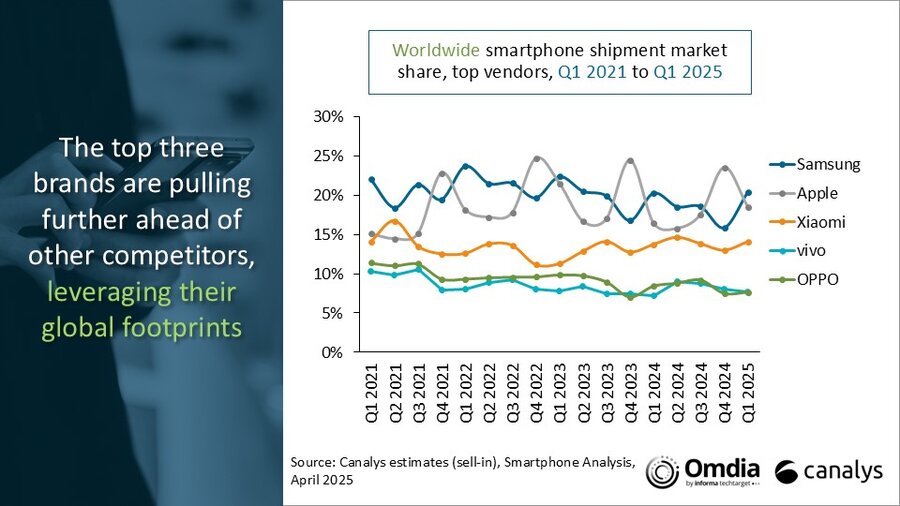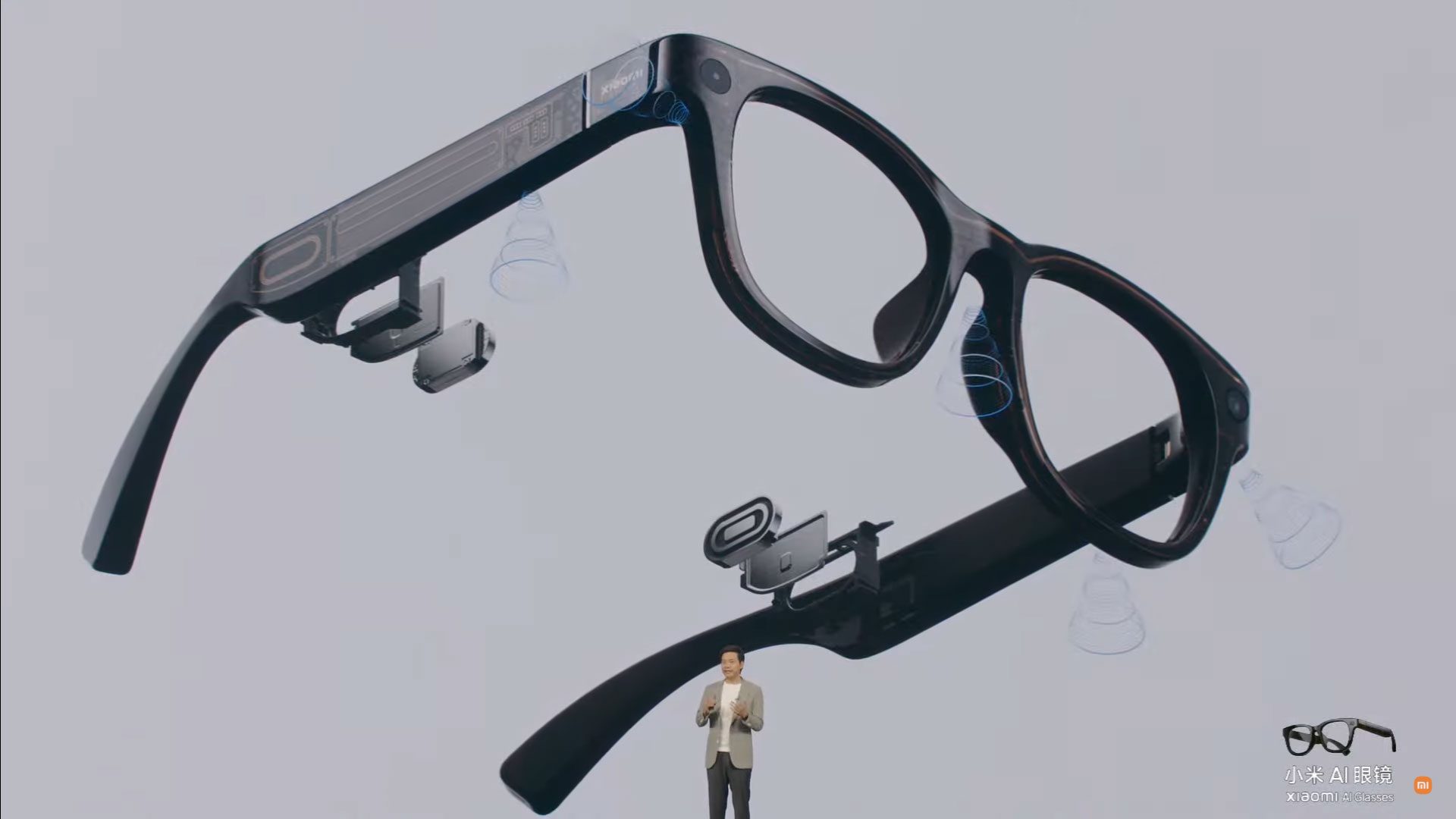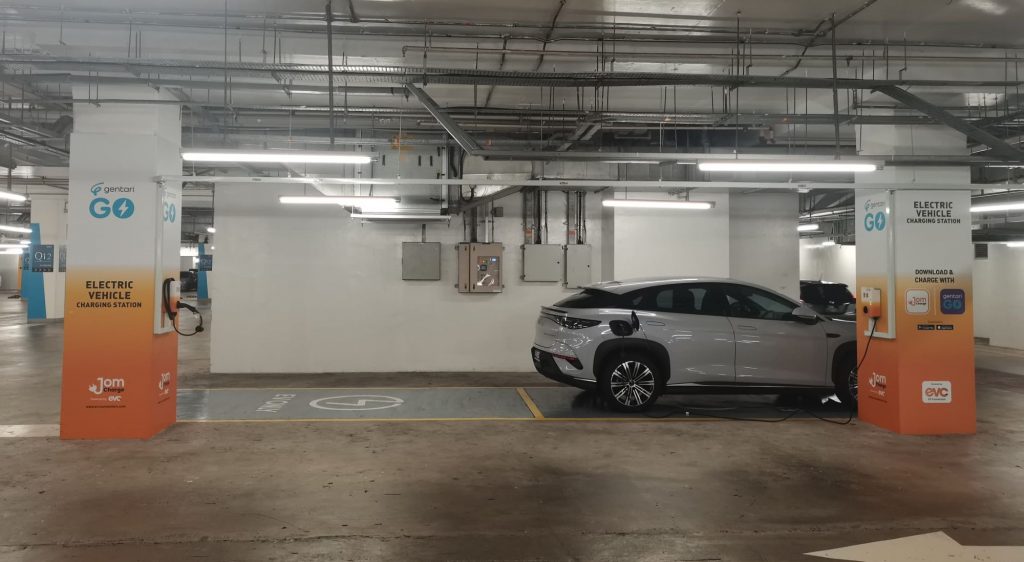Rumours have circulated about Xiaomi, BBK Electronics (the parent company of Oppo, Vivo, and OnePlus), and Huawei collaborating to develop a new software alternative to Android that does not rely on Google and its services. As new as this might sound for Xiaomi and BBK Electronics, Huawei is certainly no stranger to creating its own operating system (OS) and ecosystem.
In 2019, Huawei was banned from working with US companies, including Google, causing them to lose access to the Android OS and Google Mobile Services (GMS). The company then quickly rebounded and launched its own Harmony OS and Huawei Mobile Services (HMS) alternatives afterwards. Naturally, this incident caught the attention of other Chinese tech brands.
In fact, Xiaomi’s upcoming HyperOS 3 is rumoured to be the company’s first step in moving away from Google’s ecosystem and into its own. But none of these incidents have yet to take place at the time of writing, so we will just have to wait and see.
What will the potential collaboration mean for the global smartphone market?
Huawei’s forced exit from the Android space has created an opening for brands like Xiaomi, Oppo, and Vivo to climb up the global smartphone market share ladder. Since 2021, these three brands have consistently become the world’s third, fourth, and fifth largest smartphone brands when it comes to market share, respectively.
If these brands are to leave the Android camp, a major change in the smartphone market landscape will certainly take place. The question is, what do brands like Xiaomi, Oppo, Vivo, and OnePlus have to gain or lose if they are to embark on the path of abandoning Android and Google for the rumoured collaboration?
What will the collaboration mean for Xiaomi, Oppo, Vivo, and OnePlus?

For starters, not having Android and most importantly, Google services on their smartphones and tablets will most probably force users to switch to other Android brands. Similar to what happened to Huawei years ago, this might hurt their global smartphone sales and market share.
Besides, developing their own software, services, and ecosystem will require quite a bit of resources, although splitting the cost among themselves might help. Some might argue Xiaomi has already built a rather solid ecosystem of its own that includes devices and appliances from smartphones, all the way to your vacuum cleaner. But completely abandoning Google and needing to develop many elements from the ground up is no easy task.
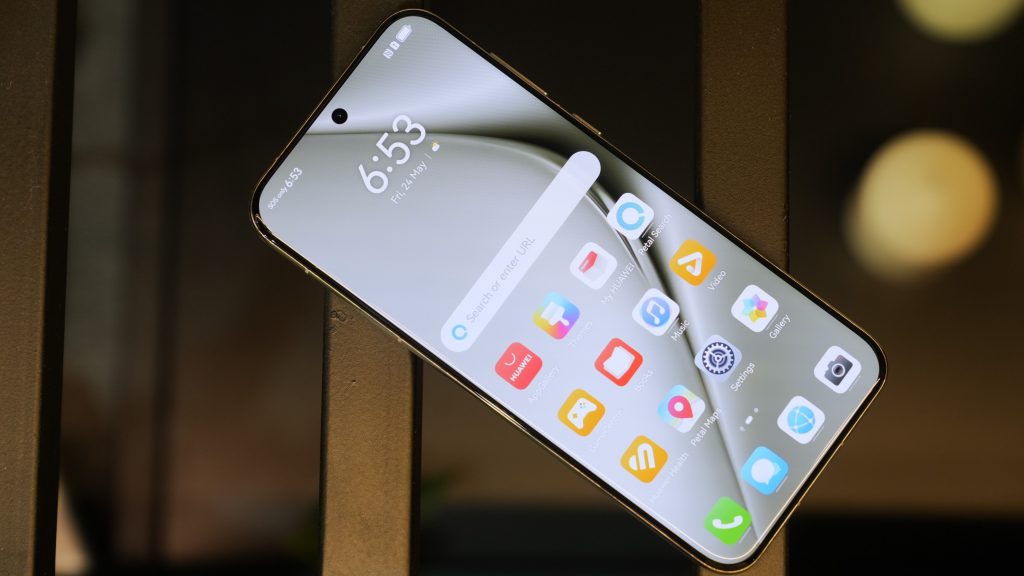
It also won’t be entirely surprising if Huawei decides to make Harmony OS open-sourced for Xiaomi, Oppo, Vivo, and OnePlus to utilise on their products. Though this is merely a speculation.
Assuming this collaboration works out well, it will inject more competition into the global tech space, which might give Apple and the Android brands an extra push. At the end of the day, competition will only benefit the consumers as companies strive to create even better products.
Even more so, eliminating their dependency on Android and Google will come in handy, just in case the US foreign policy becomes even more unfavourable to China in the future.
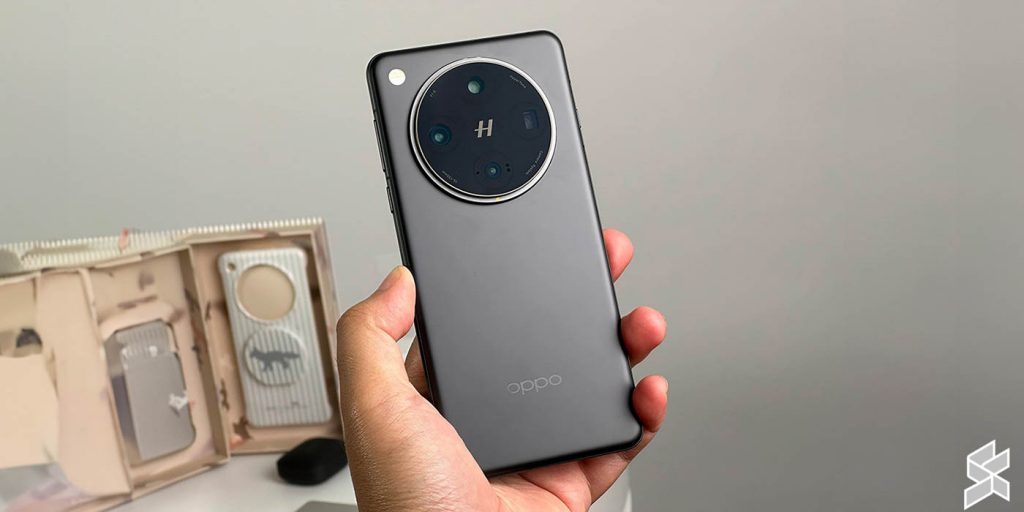
Since Xiaomi, Oppo, Vivo, and OnePlus still have access to Android and Google Mobile Services, they can choose to have their products run on their proprietary operating system, while still giving users the choice of sticking to Google services. This is similar to how iPhone users can utilise Google services such as Google Drive, Google Photos, and Google Keep in tandem with Apple equivalents.
The collaboration between the Chinese tech companies is still a rumour. But if they are to take place, will you still buy a Xiaomi, Oppo, or Vivo phone that doesn’t come with Android or Google’s services?
